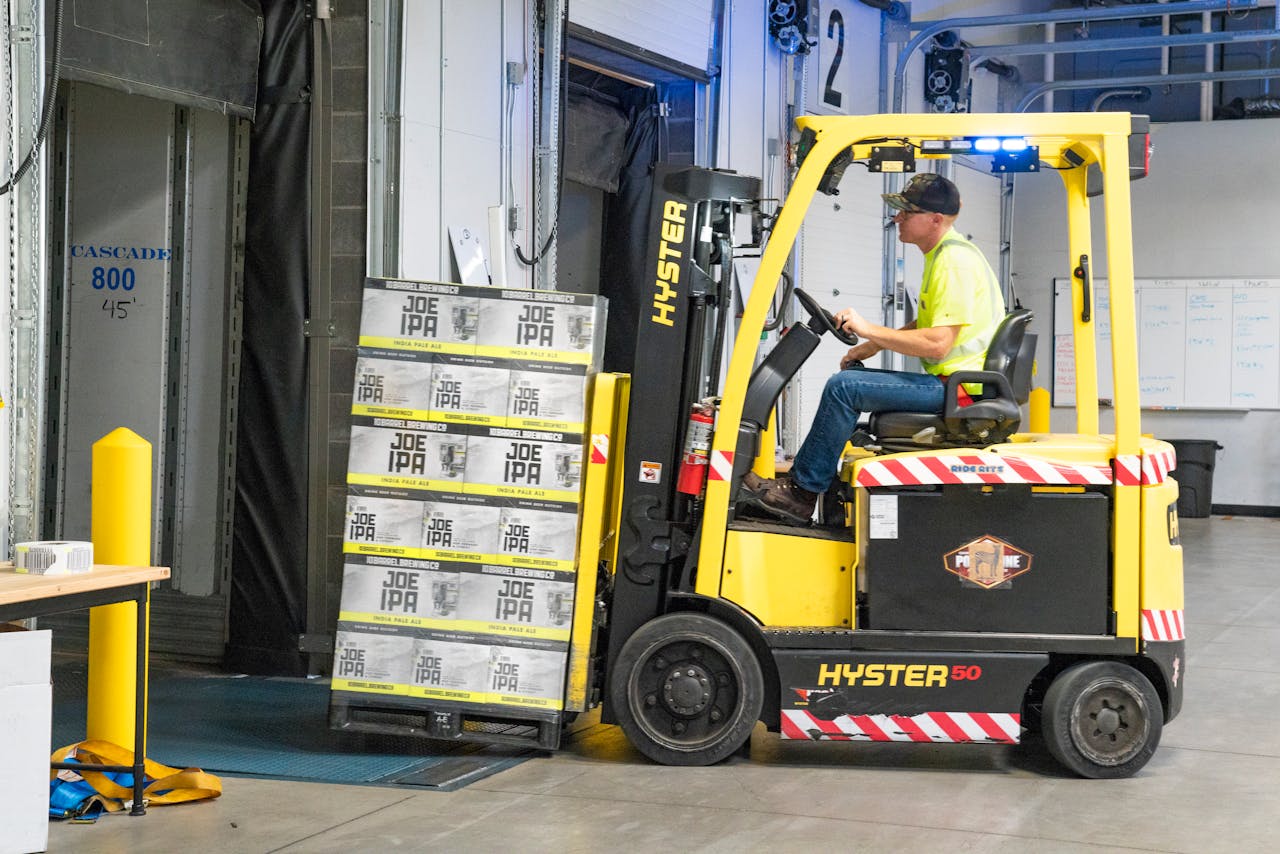
WiFi RFID time tracking: the easiest solution with JornAda
JornAda introduces WiFi RFID time tracking — fast to install, fully cloud-connected and ideal for factories, workshops and offices.
Read more
Time tracking has been mandatory for all companies in Spain since 2019, and in 2025 the Labour Inspectorate continues to enforce the regulations strictly, with fines of up to €10,000 per employee for non-compliance.
The big question many companies face is: which time tracking system is the best choice?
In this guide, we compare the legal and most widely used options in Spain: mobile app and web, tablet with unique PIN, and tablet with RFID.
Using a mobile app and web access has become the most flexible and popular system in 2025.
Advantages
Disadvantages
In offices, shops and hospitality, setting up a tablet at the entrance with unique employee PINs is a simple and effective method.
Advantages
Disadvantages
RFID cards or key fobs used with a tablet or terminal are common in hospitality, retail and factories.
Advantages
Disadvantages
Fingerprint and facial recognition systems can no longer be used for time tracking in Spain due to data protection regulations.
The Spanish Data Protection Agency (AEPD) and the EU GDPR classify biometric data as special category personal data. Its use must be strictly necessary and proportionate — which is not the case for standard time tracking.
The AEPD has fined several companies for using biometric systems, considering them unnecessary and disproportionate.
Therefore, the only valid systems in 2025 are digital, non-biometric solutions such as app, web, tablet with PIN, or RFID.
With JornAda you don’t have to choose just one method:
👉 Check our pricing plans, read more guides on the blog or contact us.

JornAda introduces WiFi RFID time tracking — fast to install, fully cloud-connected and ideal for factories, workshops and offices.
Read more
Free time tracking apps often look appealing but hide major drawbacks: blocked features, hidden fees, and compliance risks. Learn what’s really behind “free” and how to choose a secure, complete time tracking system for your company.
Read more
Your employees don’t hate time tracking. They hate bad systems. Learn how to choose a simple, legal employee time tracking app for Spain that your team actually uses without complaining. 2025 guide.
Read more